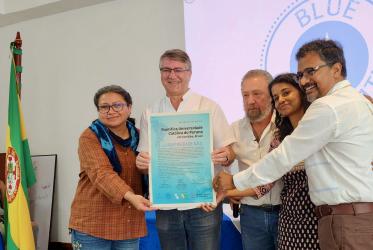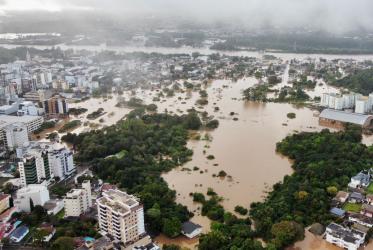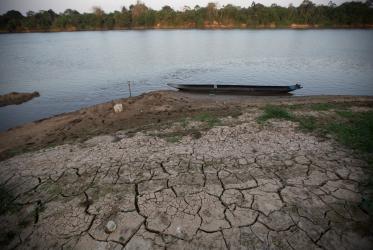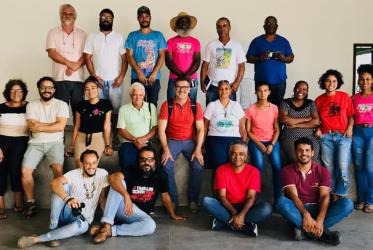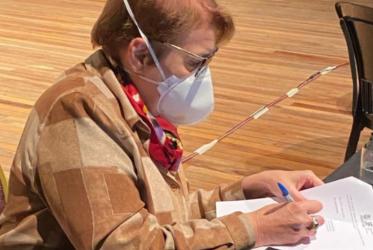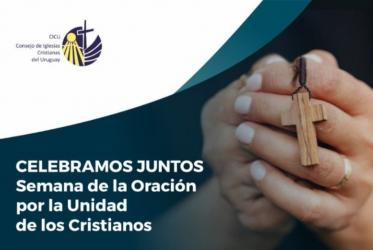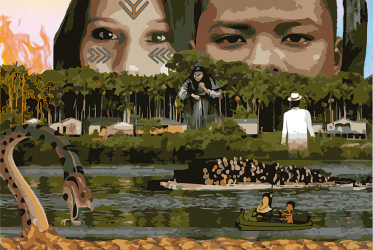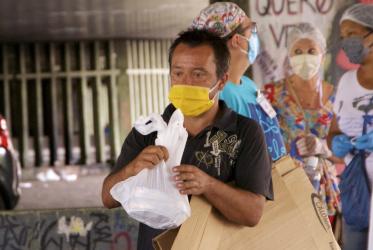Displaying 1 - 20 of 83
In wake of floods in Brazil, WCC expresses concern and solidarity
09 September 2023
WCC stands in solidarity with victims of major flood in Brazil
17 February 2022
Brazilian ecumenical water network launched
29 July 2021
Pulling together for a living River Pardo
02 July 2021


